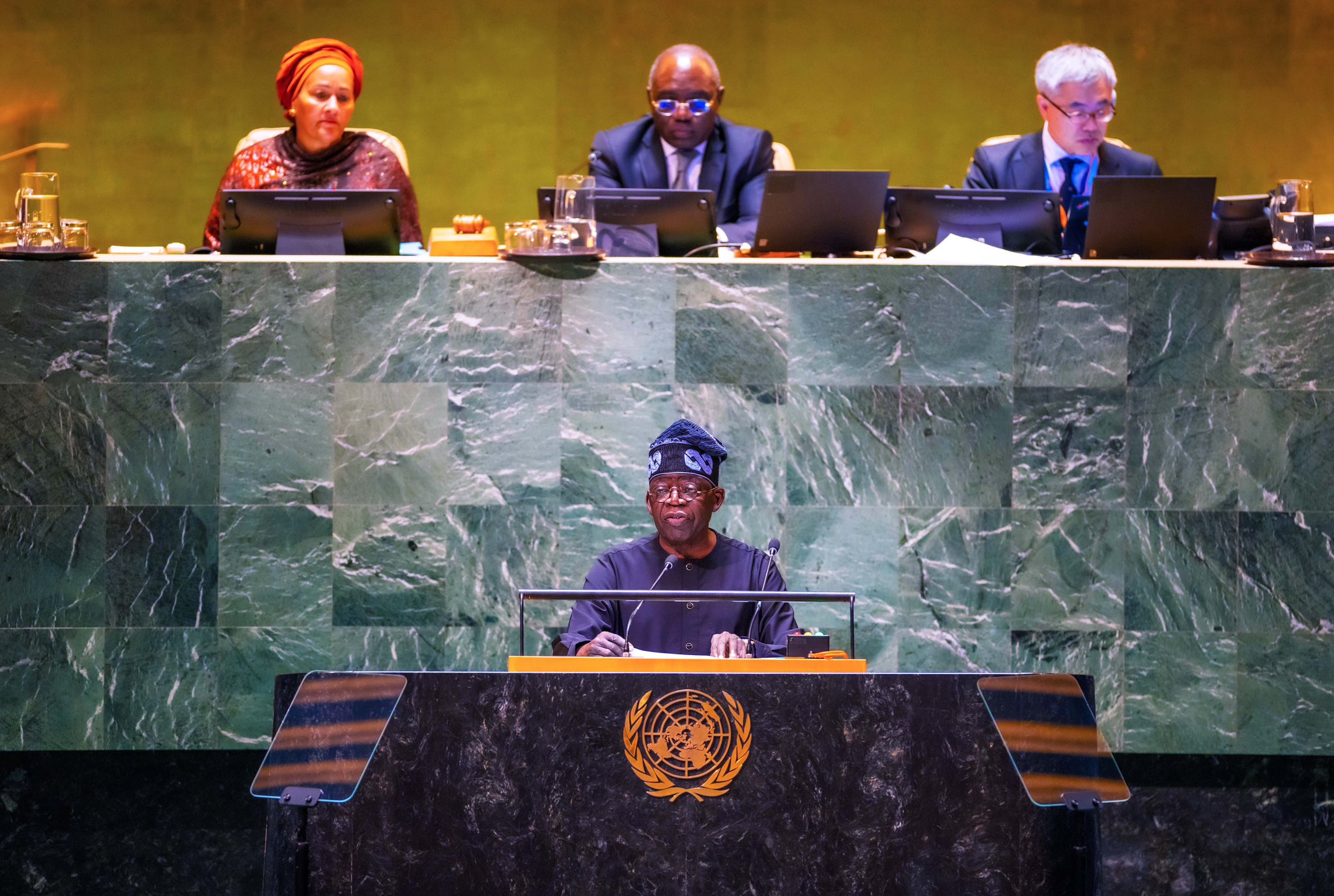Adewale Adeyemo, the United States deputy treasury secretary, says his presence in Nigeria is not because of the activities of other foreign governments in the country.
Adeyemo spoke in an interview with Arise News earlier on Tuesday.
The US official, during the interview, was asked if his visit to Nigeria was to counter the growing influence of China in the West African country.
Prior to Adeyemo’s visit, in June 2023, the US department of state updated a document titled, ‘Integrated Country Strategies’ which was initially released in April 2022.
Advertisement
In the document, the US expressed its concern over the influence of the Asian country on the Nigerian government.
“China offers sub-prime financing for a range of infrastructure projects, with the potential to add unnecessarily to Nigeria’s debt burden and increase Chinese influence over the Nigerian government,” the document reads.
However, Adeyemo said he is in Nigeria to deepen the relationship of both governments — just as it is seen between Nigerians and Americans.
Advertisement
“The reality is that the deep bounds between the United States and Nigeria could be seen in the people-to-people relationships. There are 500,000 Nigerian-Americans who live in the United States and thousands of Americans who live here,” he said.
Adeyemo said American companies have invested in Nigeria, adding that US entrepreneurs are also selling goods and offering services in the country.
“So, even before it gets to government-to-government relationships, we have deep connections between Africa and Nigeria, people-to-people, and businesses,” he added.
Speaking further on the purpose of his visit, Adeyemo said he is not representing the US to counter other governments, “but because we know the economic future of Africa is critically important to us, and especially Nigeria, as Africa’s largest country”.
Advertisement
The deputy treasury secretary said the US intends to ensure Nigeria has the potential to create opportunities for its citizens, which Adeyemo said is projected to hit 400 million in 2050.
Add a comment






